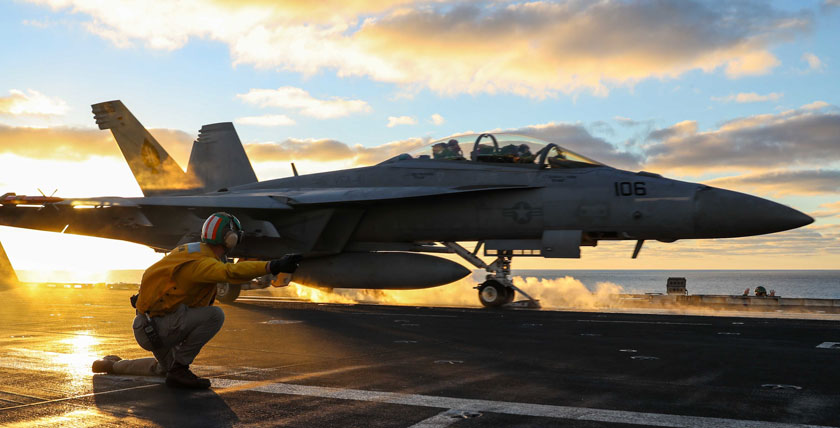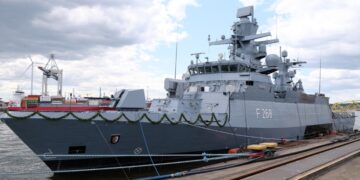After decades in which the USA was regarded as the world's most important naval power, China is now preparing to take over this role. It is not yet clear how the competition will end.
There are many definitions of sea power, but in the 21st century their connotations have changed. For a maritime power, the sea is undoubtedly a strategic theatre, but there are other factors and scenarios that allow a country to be a "superior" maritime power. Today, it is no longer enough to have a large fleet of ships; it is also necessary to be present in maritime areas of interest and to develop new deterrence and control capabilities.
Admiral Alfred Thayer Mahan, an American historian and naval strategist, had a major influence on American naval doctrine with his work "The Influence of Sea Power upon History, 1660-1783", published in 1890. Mahan used the term sea power with two different meanings. The first refers to the dominant force at sea and is central to the outcome of wars. The second describes all the benefits of long-term prosperity that maritime activity can provide: Trade, shipping, colonies and markets.
British historian Geoffrey Till, Professor of Maritime Studies in the Department of Defence Studies at King's College London, also sees four characteristics that define the sea as a strategic space: as a medium for information and the dissemination of ideas, as a transport and trade route, as a source of resources and as a means of domination. "These characteristics make the sea a central element of international relations in the 21st century, both in terms of international trade and the eternal struggle for world power."
Access?
- Access to all articles from the marineforum magazine
- Easy payment via PayPal, direct debit or credit card
- The subscription can be cancelled at any time free of charge
- Free of charge for MOV members












0 Kommentare